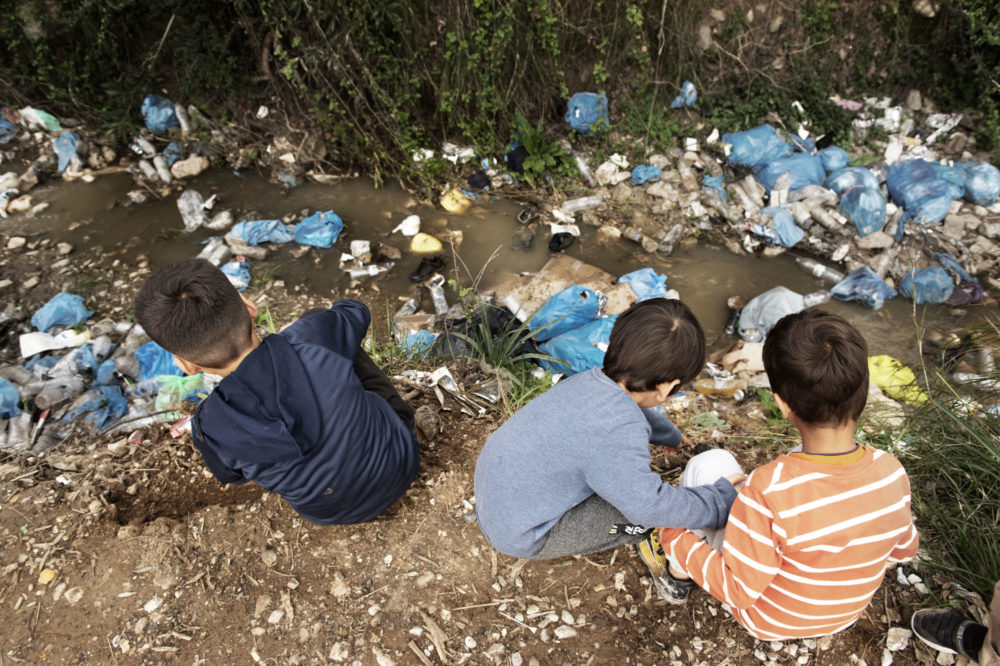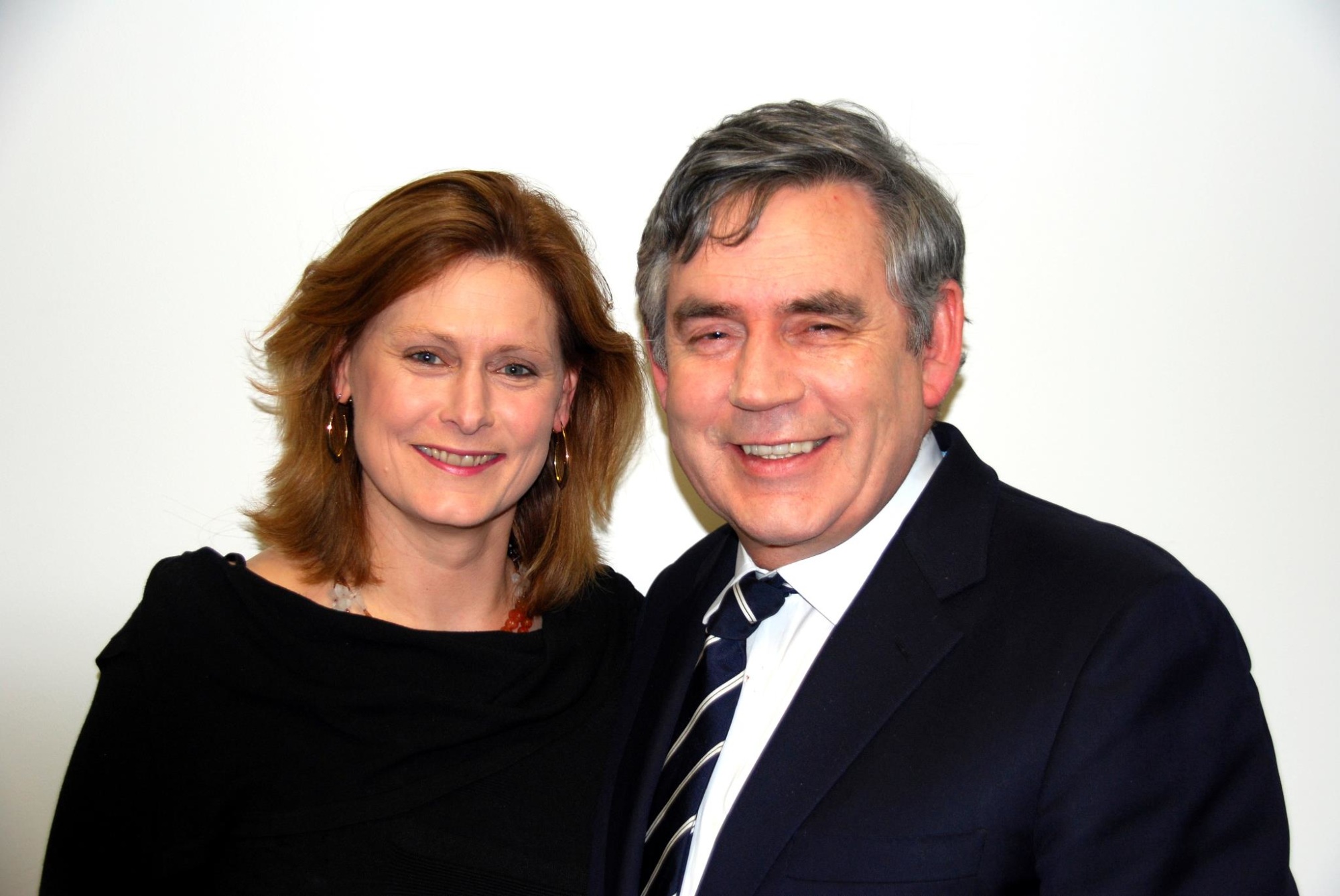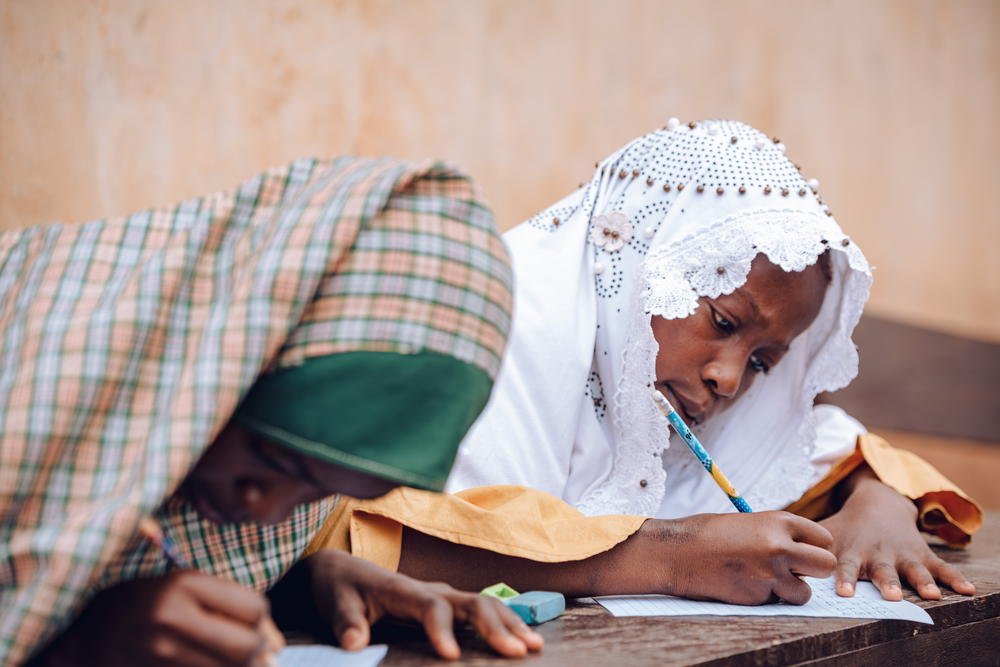
Theirworld awarded 1.35m euros for emergency refugee education on Greek islands
Justin van Fleet, Refugees and internally displaced people, Sarah Brown
Without this donation from the Dutch Postcode Lottery, funding for education programmes for vulnerable children would have run out by the end of this month.
Theirworld has been awarded 1.35 million euros ($1.53 million) to fund emergency education for thousands of refugee children on the Greek islands during the Covid-19 pandemic – in partnership with Education Cannot Wait, a global fund for education in emergencies.
The award from the Dutch Postcode Lottery (Nationale Postcode Loterij) will support vital education programmes for vulnerable children on the islands and on the mainland who have often fled war in countries such as Syria and Afghanistan.
Without this donation, funding for education programmes for young refugees on the islands would have run out by the end of this month.
“It’s because of the vital role that education plays in emergency situations that we are calling on the international community to secure crucial education provision for young refugees on the Greek islands who are among the most vulnerable children in Europe,” said Theirworld President Justin van Fleet.
“We are incredibly grateful to the Dutch Postcode Lottery for responding to this humanitarian crisis and giving these children a chance of a better life.”
There are more than 10,000 school-age children in the overcrowded refugee camps in the Greek Aegean Islands and fewer than 15% have any form of education. Including the Greek mainland, there are about 46,000 refugee children and youth. Only 13,000 of them are in formal schools.
The award is part of the ongoing support which Theirworld has received from the Dutch Postcode Lottery to support education in emergencies, in partnership with Education Cannot Wait.
That includes another award of 1.35 million euros made to Theirworld in March. That was to help fund new education centres for refugees in the Greek Aegean Islands and our work in Lebanon supporting children who attend double-shift schools.
Working with partners such as UNICEF and UNHCR, the contribution will bridge the divide between in-person and remote learning opportunities, aiming to reach 18,900 children with formal and distance learning, as well as in non-formal education centres adjusted to COVID-19 measures.
Additionally, the contribution will be used to implement preventative measures in education centres to curb the spread of COVID-19 when they reopen. These will include hygiene and medical items.
Without access to education, refugee children face an uncertain future. They also face the additional threat of the coronavirus, which the Greek government has described as a “ticking health bomb” in the islands’ refugee camps.
A Theirworld report said 20 million euros will be needed to secure quality education for these children over the next two years. Written by international education expert Maysa Jalbou, the report was based on extensive visits to Greece and dozens of interviews with key players in government, aid agencies and local NGOs.

As part of the larger collaboration, funds from the Dutch Postcode Lottery have so far been used to build informal education centres for young refugees that concentrate on teaching the Greek language and providing psychological and social support to traumatised children. This helps them to be better prepared for a return to school alongside their local peers.
Sigrid van Aken, Director of Nationale Postcode Loterij, said: “From school closures to isolation and a persistent sense of anxiety, the effects of this pandemic are having a huge impact on children and young people in refugee camps, especially girls.
“Despite the crisis, learning should never stop. This is why the Dutch Postcode Lottery is committed to supporting UNHCR, UNICEF and Theirworld in offering remote learning and ensuring inclusion and equity for refugee children in the Greek Islands so that no one is left behind.”
Theirworld Chair Sarah Brown said: “Refugee children on the Greek islands are living in overcrowded, unsanitary camps. They are among the most vulnerable children in Europe.
“I firmly believe that just a few hours of lessons a day, away from the camps, can be transformative for learning language and skills, and, importantly, can restore hope for a better future, which is so vital in emergency situations.”
More news

Sarah and Gordon Brown share global education vision in 100th episode of Better Angels podcast
